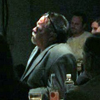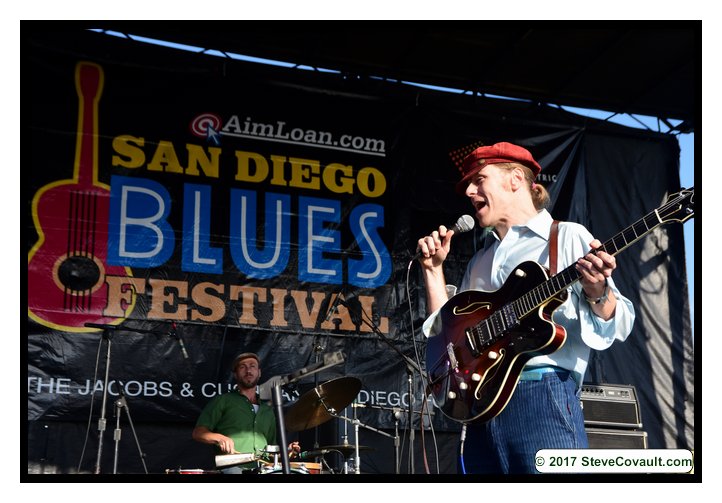UCSD concert promoter Brian Ross has a knack for organizing double-bill concerts that lean heavily on the yin-yang continuum, often pairing local artists with musicians of national exposure. And the show at the Loft on Nov. 21 featuring the Charlie Arbelaez Trio and the Michael Dessen Trio represented a truly sublime sense of contrast -- one group extending the tradition, the other pushing through it.
Charlie Arbelaez Trio
Arbelaez is an excellent post-bop alto saxophonist, and his trio -- featuring bassist Mackenzie Leighton and drummer Matt Smith -- offered a seamless set where one tune bled into the next.
Opening with "Funkay," an original by Smith, the trio offered a bed of loping bass and in-the-pocket drums for Arbelaez to soar above with blazing speed and fluid arabesques. Smith kept the dynamics interesting, but it was Leighton’s lugubrious essay that stole the show: Pedaling with open strings and rubbery double-stops, concentrating on the sound of the instrument -- this cat brought it.
His vamp morphed into his own original "Pig Pen," highlighting his thick, ropey timbre and wicked swing aesthetic. Arbelaez and Leighton took Monk's "Pannonica" for a luxurious spin, showcasing the saxophonist's penchant for velocity and tone sculpture, and the group opened "Con Alma" with outside gestures, like screeching cymbals and ponticello bowing, yielding to an alto solo that packed notes with the density of teen girls at a Taylor Swift concert.
This is a good direction for Arbelaez -- I'd like to hear him develop this idea more.
Michael Dessen Trio
SoundDiego
Music. Community. Culture.
Even though the slide-trombone virtuoso Dessen resides in Irvine, while bassist Christopher Tordini and drummer Dan Weiss live in New York, this trio has attained a degree of communication that allows truly amazing music to emerge from their collective attention.
Opening with "The Infinite and the Invitation" from Dessen's latest recording, "Resonating Abstractions," the trombonist triggered electronic effects from a wired mute in the bell of his horn, evoking squeaky choirs and breathy whooshes, while Tordini's stealthy walk reminded me of a guy sneaking though a graveyard. So many details were available due to the remarkable contributions of Weiss, who is capable of implying multiple grooves at the lowest possible volume.
The rest of the evening was occupied by the unveiling of a brand-new piece dedicated to the memory of jazz legend Yusef Lateef, with whom Dessen studied in the 1980s. Tordini began with a lopsided odd-interval vamp, with Dessen's activated electronics hovering and Weiss's minimalist gestures packing a huge punch. Tordini's frugal economy is remarkable -- and worth more than its weight in gold.
While Dessen warbled and sighed, the drums kept a constant stream of percussive activity delivered at whisper level. A new section emerged, revealing start/stop martial cadence fragments while Tordini left enough space between notes to park a limousine in.
At this point, Weiss dialed up the volume for an impeccable bass-drum feature that culled a mysterious groove from raw, primal material. Yet another new section began as a melancholic novella with dark corners, sharp turns and surprising confluences as the vibe turned into a violent swagger where Dessen's melody expanded and contracted as it sought new avenues to explore. His trombone solo turned highly rhythmic, with brutal pneumatics massaged from above and below.
Dessen's music -- and the interpretation of his associates -- is both wide-open and inescapably suggestive. In the course of a few moments, I was transported from an elegiac funeral scene into a 1960s strip club, veering into plausible vignettes of carnivals and lonely street corners in between. Stunning and visceral, this performance will remain burned in my memory banks.

Robert Bush is a freelance jazz writer who has been exploring the San Diego improvised music scene for more than 30 years.




